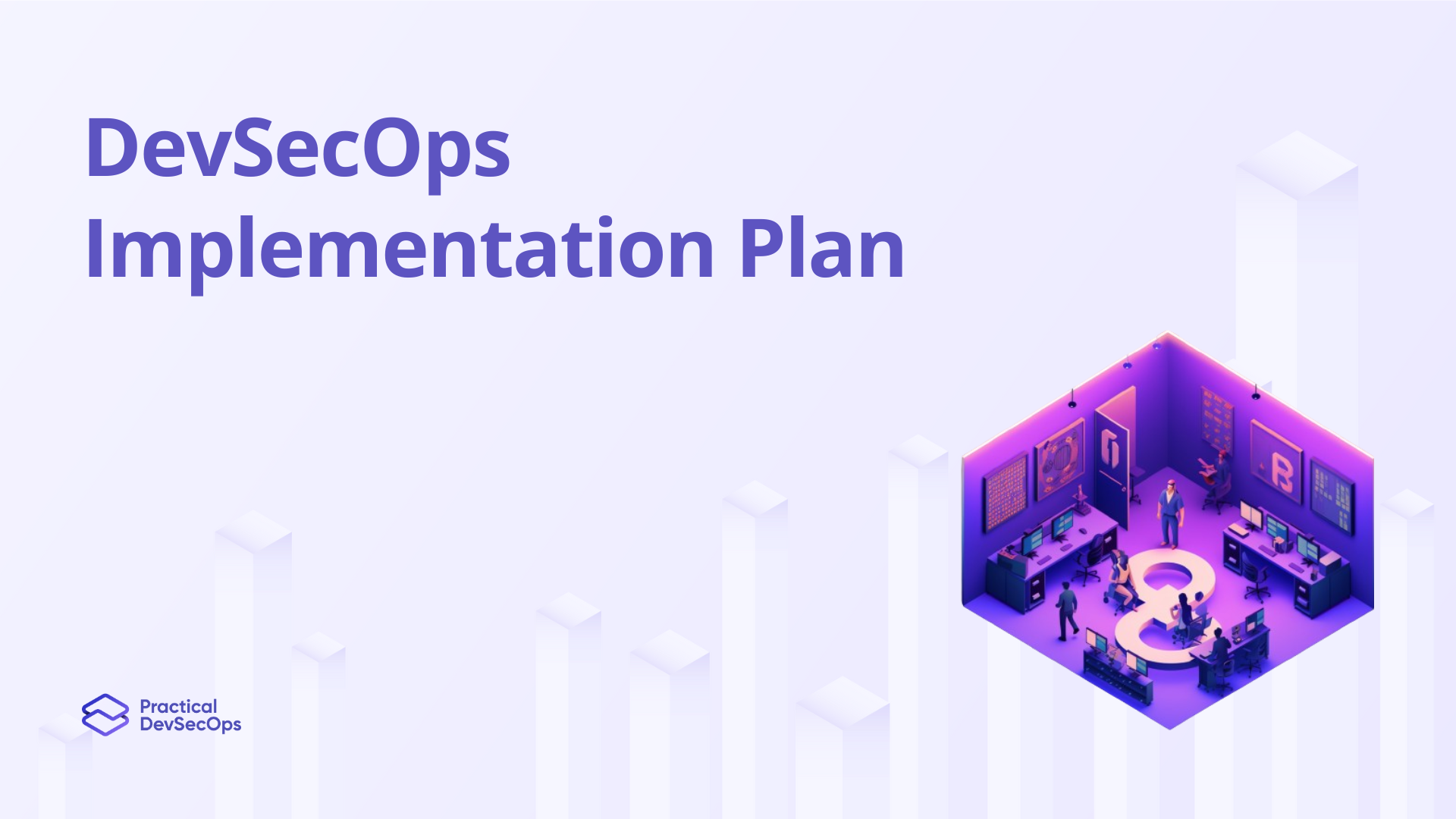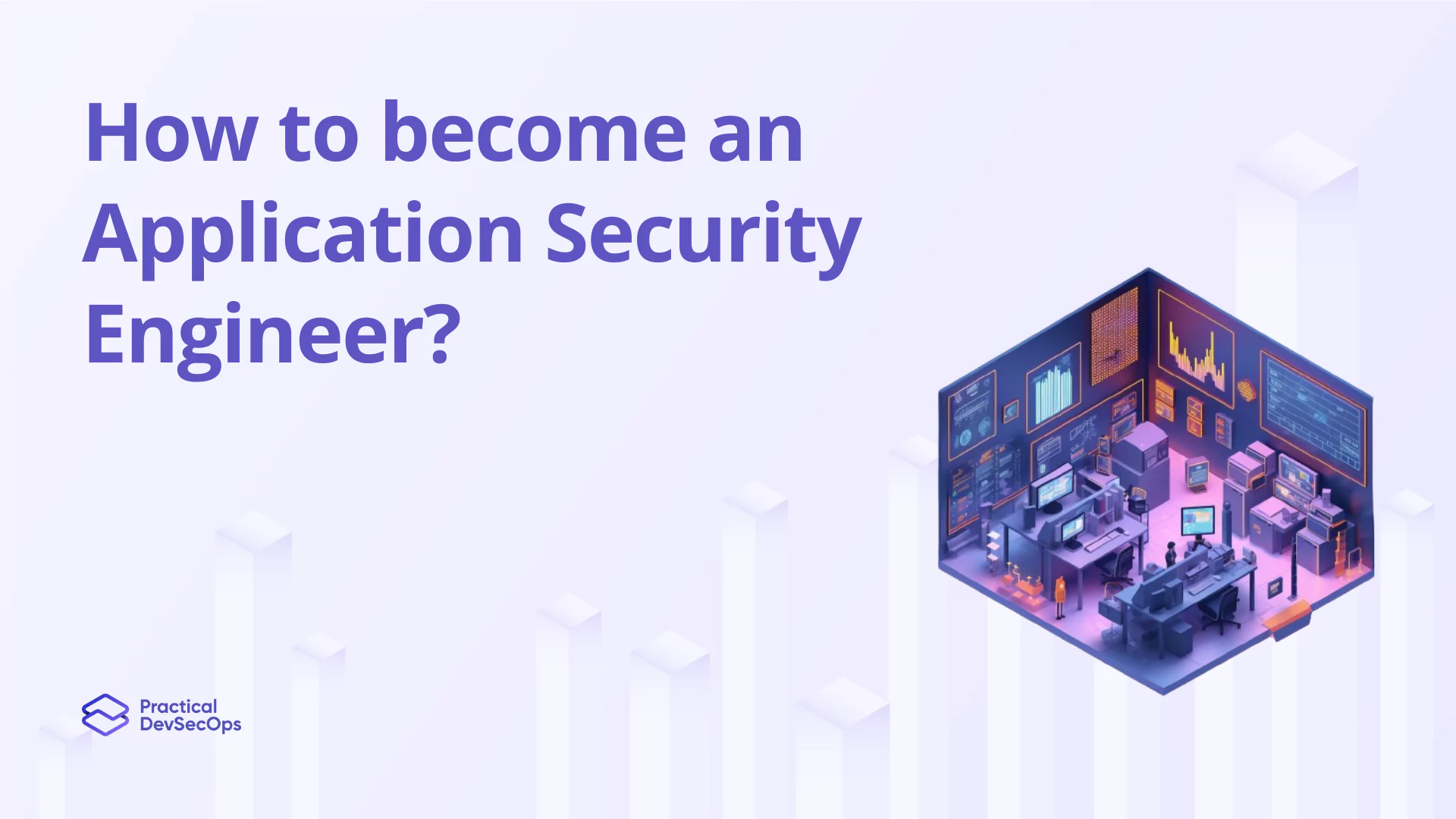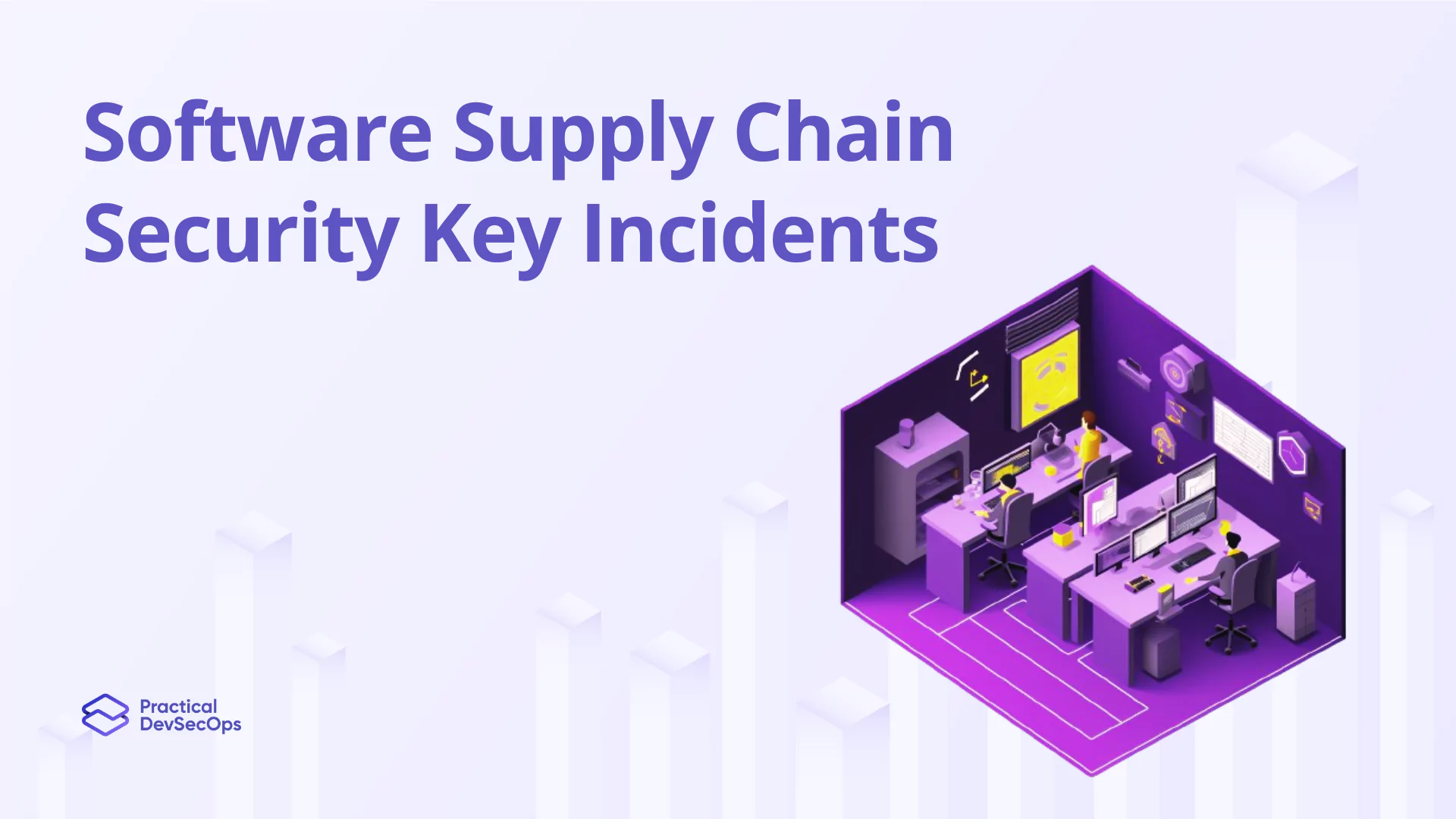As organizations strive to integrate security seamlessly into the software development process, DevSecOps has emerged as a best practice approach. In this article, we will outline an implementation plan for DevSecOps, providing a step-by-step guide to help organizations adopt this security-centric methodology.
Understanding DevSecOps
DevSecOps is an evolution of DevOps, emphasizing the integration of security practices throughout the software development lifecycle. It promotes a culture of collaboration, where development, operations, and security teams work together to deliver secure and reliable software.
Step 1: Assess Current Security Practices
- Perform a comprehensive assessment of existing security practices, processes, and tools.
- Identify gaps and areas of improvement while considering the organizational context and goals.
Step 2: Establish Security Objectives and Goals
- Define clear security objectives and goals aligned with the organization’s vision and values.
- Involve stakeholders, including security, development, and operations teams, to ensure a shared understanding and commitment.
Step 3: Implement Security Training and Awareness Programs
- Conduct security training programs to enhance the skills and knowledge of development and operations teams.
- Promote security awareness and foster a responsible security culture across the organization.
Step 4: Integrate Security into the SDLC
- Apply security controls and practices at each phase of the software development lifecycle (SDLC).
- Implement tools and automation that facilitate secure code reviews, vulnerability scanning, and threat modeling.
Also Read, Best DevSecOps Tools
Step 5: Emphasize Automation and Continuous Security
- Automate security testing, including static analysis, dynamic analysis, and software composition analysis (SCA), to provide continuous feedback.
- Integrate security into the continuous integration and deployment (CI/CD) pipelines to ensure security checks at each stage.
Also Read, DevSecOps Automation Guide
Step 6: Implement Infrastructure-as-Code (IaC) Security
- Apply security principles to infrastructure-as-code (IaC) templates and scripts.
- Perform regular reviews, vulnerability scanning, and configuration management audits to ensure secure infrastructure deployment.
Step 7: Foster Collaboration and Communication
- Encourage cross-team collaboration and communication through frequent meetings, shared tools, and joint decision-making.
- Establish and maintain a DevSecOps culture that promotes openness, trust, and accountability.
Here is a brief overview of the DevSecOps Career Path
Step 8: Implement Continuous Monitoring and Incident Response
- Implement continuous monitoring of applications and infrastructure to detect and respond to security incidents promptly.
- Establish an incident response plan to facilitate quick and effective mitigation in the event of a security breach.
Step 9: Regularly Assess and Improve
- Conduct periodic assessments to evaluate the effectiveness of the implemented DevSecOps practices.
- Continuously improve security processes, adapt to emerging threats, and incorporate feedback from stakeholders.
Step 10: Stay Abreast of Security Best Practices
- Stay up to date with the latest security trends, industry standards, and regulatory requirements.
- Engage in continuous learning and encourage security professionals to participate in conferences, training programs, and online communities.
Also Read, DevSecOps Best Practices
Conclusion
By following this implementation plan, organizations can embrace a DevSecOps approach, ensuring that security becomes an integral part of the software development process. Remember, DevSecOps is a continuous journey, requiring collaboration, constant learning, and a commitment to maintaining a strong security posture.
Interested in Upskilling in DevSecOps?
Practical DevSecOps offers an excellent Certified DevSecOps Professional (CDP) course with hands-on training through browser-based labs, 24/7 instructor support, and the best learning resources to upskill in DevSecOps skills.
Start your team’s journey mastering DevSecOps today with Practical DevSecOps!
Also read, Best DevSecOps Books






0 Comments